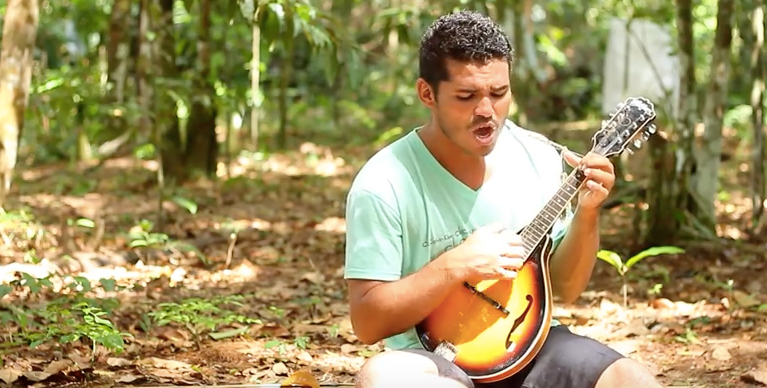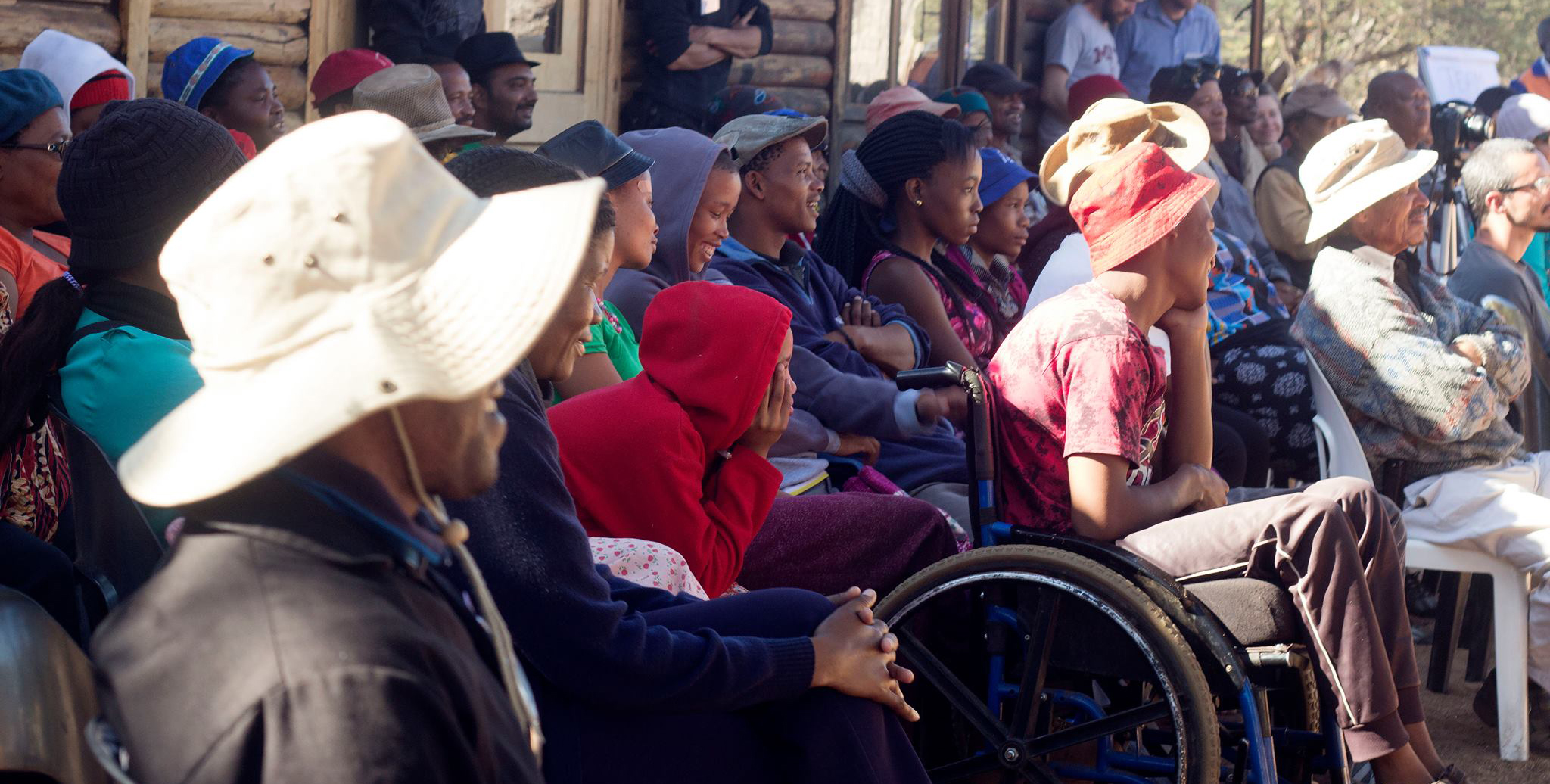IDDS Amazon: Exploring Novel Approaches for a Community & Its Environment to Work in Harmony
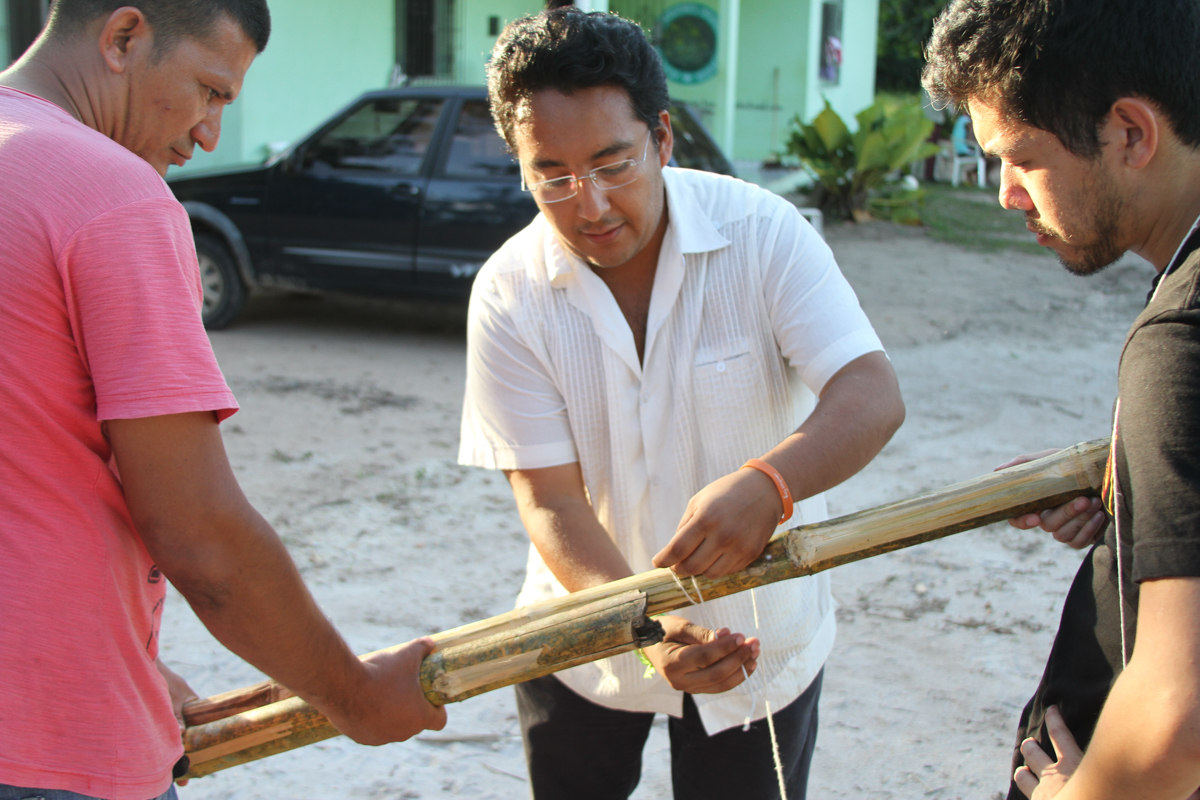
IDDS Amazon may have lasted just two weeks, but it was built on the foundation of a year-long engagement with the community of Boa Vista do Acará, located in Para, a state in northern Brazil. The two-week summit on design, innovation and permaculture was the culmination of a year spent listening and understanding the needs and desires of the community members, especially the Association of Organic Producers of Boa Vista (APOBV).
Between traditional Igarapé baths, local cuisine tasting, and a lot of hard work, thirty-five participants from Brazil, the US, Mexico, Tanzania, Colombia, the United Kingdom, Chile, Germany, Argentina, Spain, South Korea, El Salvador and Zimbabwe engaged in seven different projects in partnership with the APOBV.
Coming from very diverse backgrounds, the group consisted of engineers, designers, students, permaculture experts, small-scale farmers, artists and educators. Using the ecological design process and permaculture principles, the participants developed projects related to fruit processing, preservation of traditional herb use, cassava processing, autonomous network, poly-culture and chicken, collaborative ecological design process and shrimp farming.
Below you can find a snapshot of the projects:
Shrimp Farming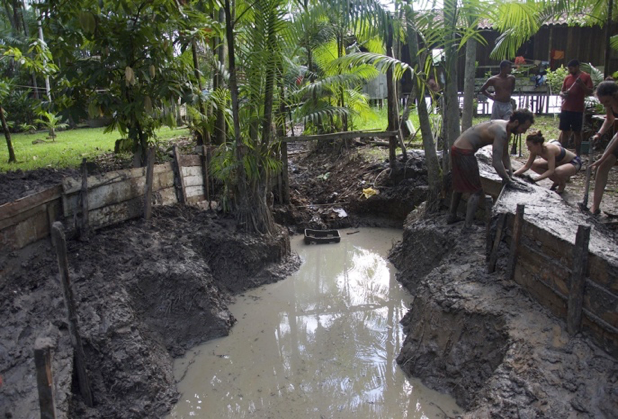
Despite the community’s proximity to the riverbank, many families in Boa Vista do Acará travel to the nearest city, Belém, to buy fish for personal consumption. Because the fish is frozen and transported over a distance, this fish is often expensive and not very fresh.
Local community members expressed a desire to farm fish for both personal consumption and to sell within the Boa Vista community at more affordable prices. The team’s final prototype was an enclosed riverbank shrimp habitat that is low-cost, low-maintenance, and uses renewable resources. Shrimp take a shorter amount of time to grow than other local fish and are native to the river. The team hopes that farming shrimp with a more sustainable mindset will encourage growth of the shrimp population local to Boa Vista.
You can read the team's full report on our Resource Library.
Cassava Processing
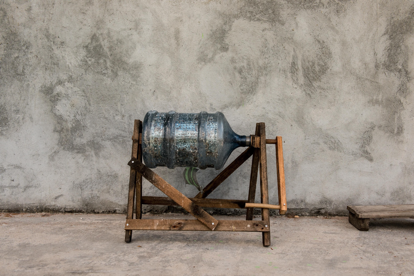
In Boa Vista, many families generate income through traditional methods of producing farinha, a fried, granular flour made from peeled, dewatered cassava. The cassava project aimed to improve cassava processing, making the process more efficient and safer.
The cassava processing team sought to address two cassava-related challenges with their prototypes: tumbling and peeling. In total, the team built several prototypes, including two kinds of tumbling machines, a spinning station, a flexible peeler, and an ergonomic scraper.
You can read the team's full report on our Resource Library.
Autonomous Network
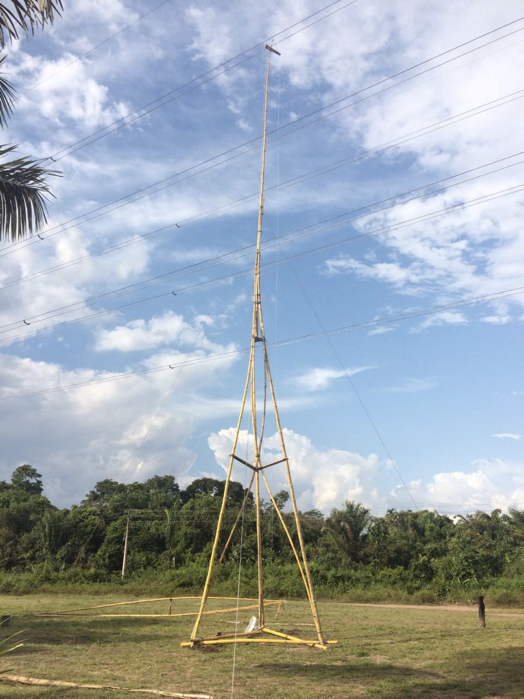
The autonomous network team worked to bring quality internet service to the community while respecting local practices. This project was made possible by a collaboration between IDDS Amazon, the Laboratory for Embedded Systems of the Federal University of Para (LASSE), and the Instituto Tecnologico de Aeronautica (ITA).
This project included three key components, each developed by the summit team:
- a prototyped bamboo tower to receive the internet signal;
- development of a cluster consisting of the first group of houses to receive internet service; and
- modeling of the network management plan and a business roadmap on how to use collective decision making to guide the Association’s next steps in providing internet to the wider community
You can read the team's full report on our Resource Library.
Fruit Processing
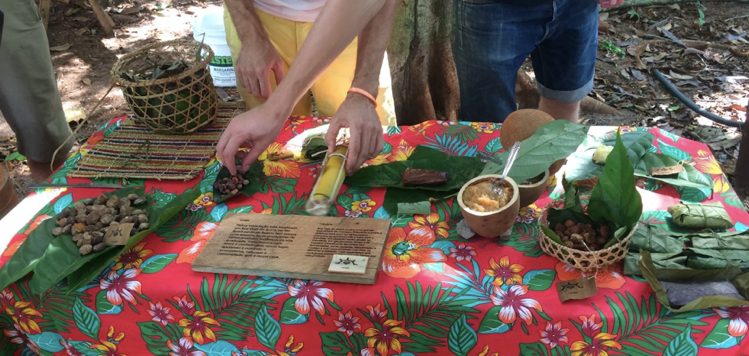
In Boa Vista, there is an abundance of fruit crops such as cupuacu and mangos. The fruit processing team explored means to put wasted crops to good use by generating additional income for the Association’s members.
The team explored new ways of processing fruit to create value-add products such as jams and chocolate from the pulp, shells, and seeds. In addition, the team worked with community members to develop appealing branding, packaging, and a business plan to support the sale of these products.
You can read the team's full report on our Resource Library.
Preserving Herbal Traditions
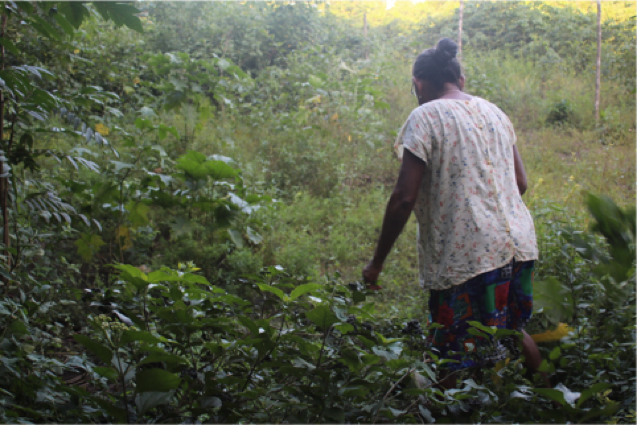
In Boa Vista and nearby communities, herbal baths and treatments are an age-old tradition that has begun to fade over time. Community members expressed a desire to preserve this local knowledge in a way that connects older and younger generations of the community, as well as sharing this knowledge with visitors from outside the community.
The team worked with community members to develop three approaches that can better preserve these important local traditions:
- a new sensory herb trail for tourists to learn more about local plants and biodiversity;
- a library of medicinal recipes with an audio guide including stories from the older generation collected by youth in the community; and
- a method for steam distillation for Priprioca oil extraction.
You can read the team's full report on our Resource Library.
Poly-Culture and Chicken Husbandry
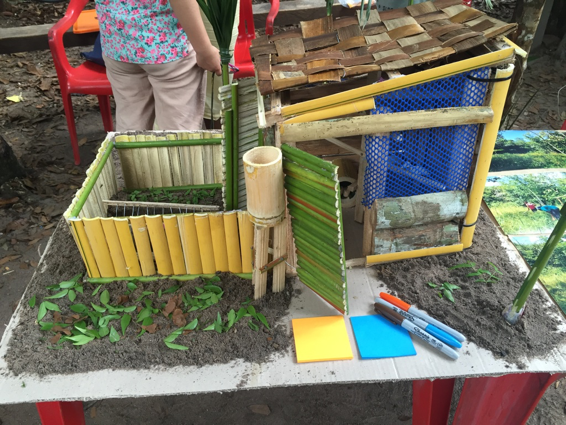
Boa Vista community members often obtain many of the vegetables and meat that they eat from the nearest city, Belém; however, many expressed interest in producing more of those products close to home. The poly-culture and chicken team worked on improved integrated vegetable and poultry production techniques, including a system to support egg production and chicken husbandry, as well as the utilization of chicken droppings. Their final prototypes included a chicken coop that can host around 15 to 30 chickens, providing protection from predators at night, and a food garden that is fertilized by chicken droppings and in return, helps provide the chickens with a healthy diet.
You can read the team's full report on our Resource Library.
Collaborative Ecological Design Process (CEDP)
Drawing on permaculture principles and using a holistic approach, the CEDP team was formed to deepen connections between each of the summit projects in support of community engagement and continuity.
Of note, this team conducted a community needs inventory, a waste management system, a conservation strategy, and community advocacy tools such as a politician’s letter. This set of tools will empower the community to addressing issues important to them, including healthcare, waste management, community agriculture, education, and transportation.
You can read the team's full report on our Resource Library.





